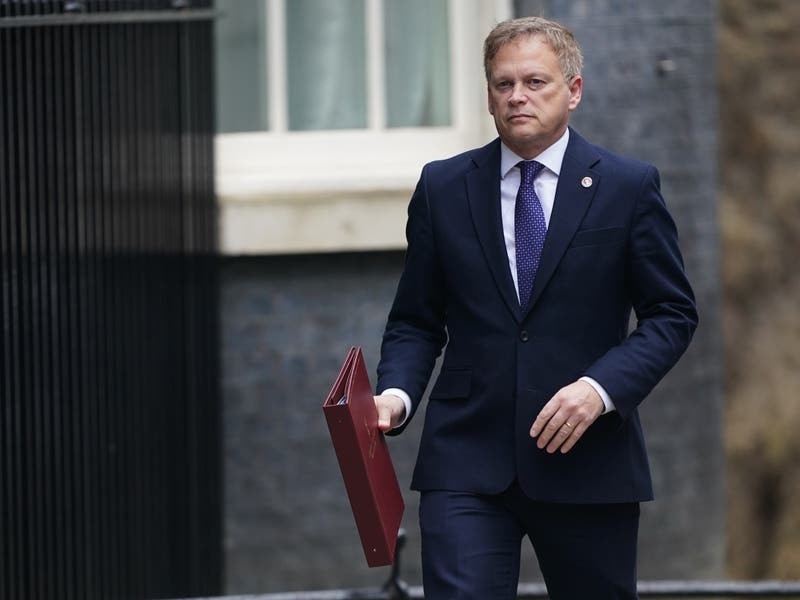Speaking at the Brave New World webinar, Institute of Directors Jersey chairwoman Lisa Springate said that lessons would be learned from the pandemic and that she did not expect things to return to the way they were before.
A panel of experts spoke at the event, discussing the impact of Covid-19 and outlining their thoughts on what lay ahead for business and the economy.
Ms Springate said that she felt a number of trends could have a lasting impact.
‘In terms of looking forward, what we have seen is an acceleration in a number of areas – technology, working from home, sustainability,’ she said. ‘People are not travelling so much and are certainly more aware of the environment around them. From a Jersey perspective, I’ve heard so many people say how grateful they are to live in such a beautiful island.
‘In terms of the future we are certainly not out of the woods yet and we all know there will be challenges. In terms of the Brave New World, I don’t think it will be the same as the one we knew, but maybe that’s not a bad thing.’
She added that work she had carried out with the Economic Council, which is advising the government on the recovery from the pandemic, had established that Jersey needed to develop a vision of where it wanted to be in ten years’ time.
‘In terms of Jersey’s position, I think we can be cautiously optimistic but not complacent,’ she said. ‘We looked at the short term and the long term and I think what’s imperative for any jurisdiction, not just Jersey, is that we have a future vision. Where do we see ourselves in 2030 and beyond?
‘It’s only once we have that future vision that we can then look at the steps that need to be taken to reach that particular point.’
The webinar was also attended by Professor Joe Nellis, who commented on the economic outlook globally and for the UK,
He warned that while recovery could be expected this year there would be some permanent economic ‘scarring’ from the pandemic, inflation could increase to 2% next year, youth unemployment was a danger and long-term debt was likely.
‘As we will hear in the budget on 3 March, [UK] government borrowing has gone through the roof. They will have borrowed just under £400 billion,’ he said.
‘That’s quite an amazing amount of money. Out national debt is now just under 100% of GDP. It’s going to go up before it goes down and is the highest since the 1960s.
‘We are going to leave this debt for our children and our grandchildren, unfortunately. This will not be paid back in the next few years.’






